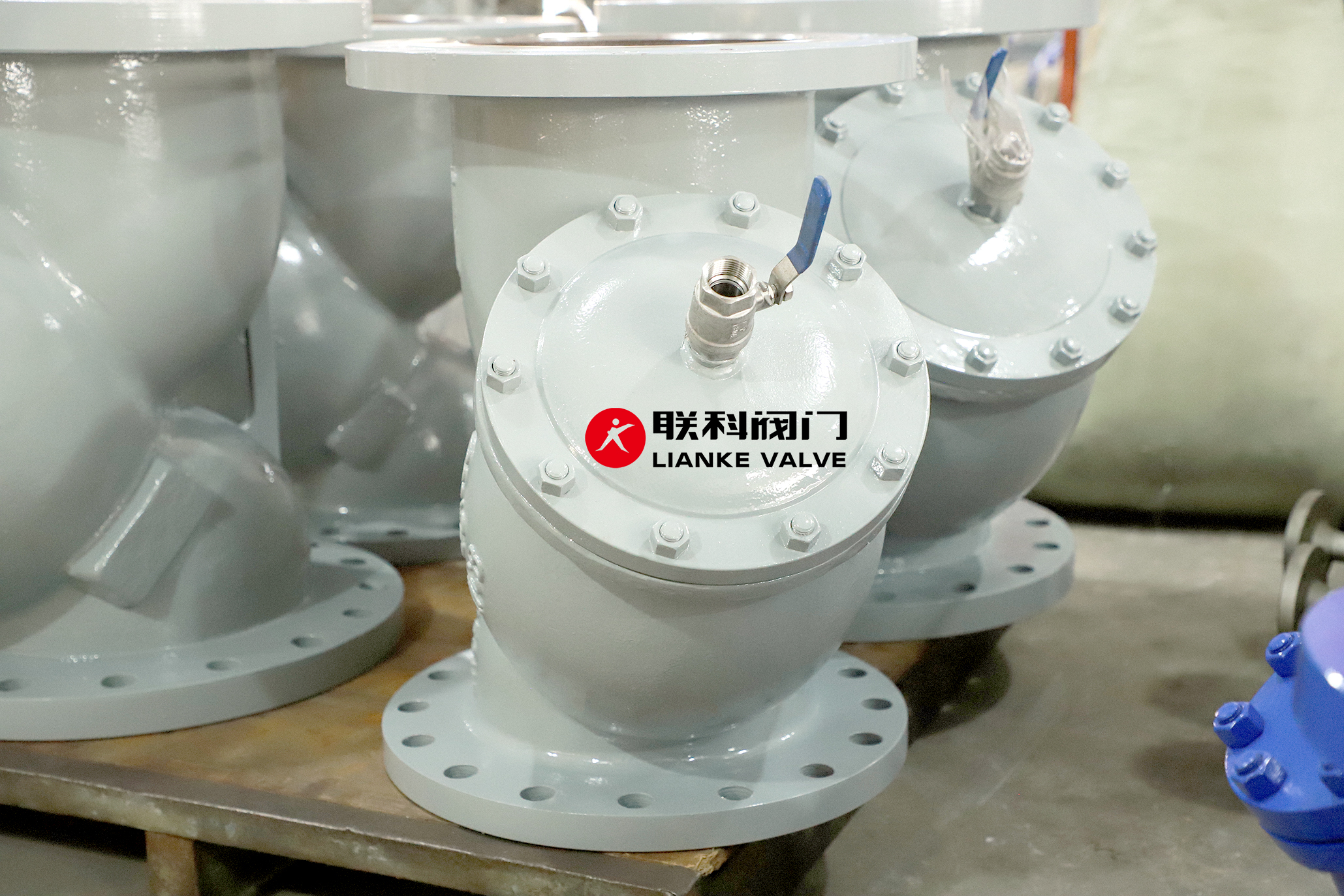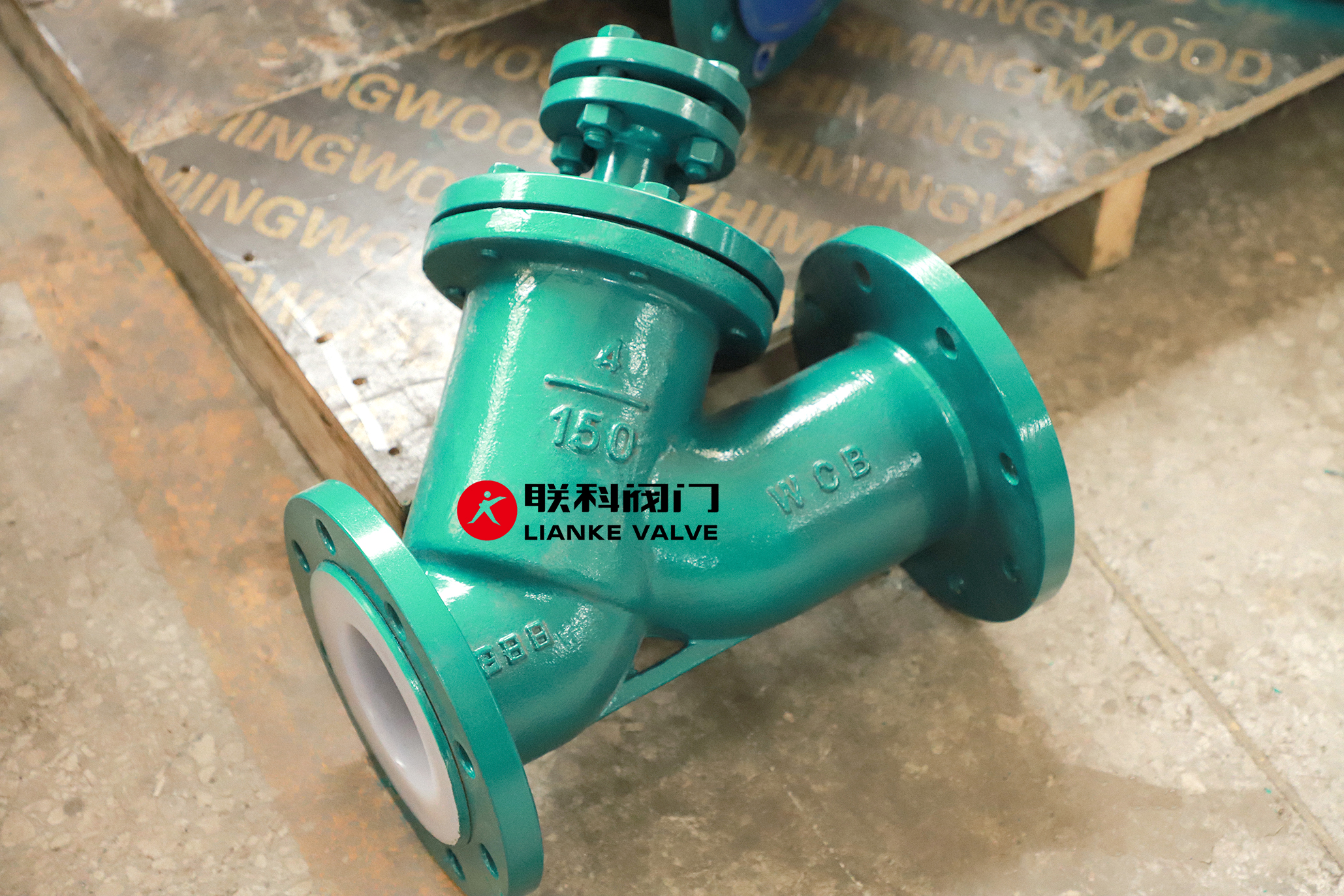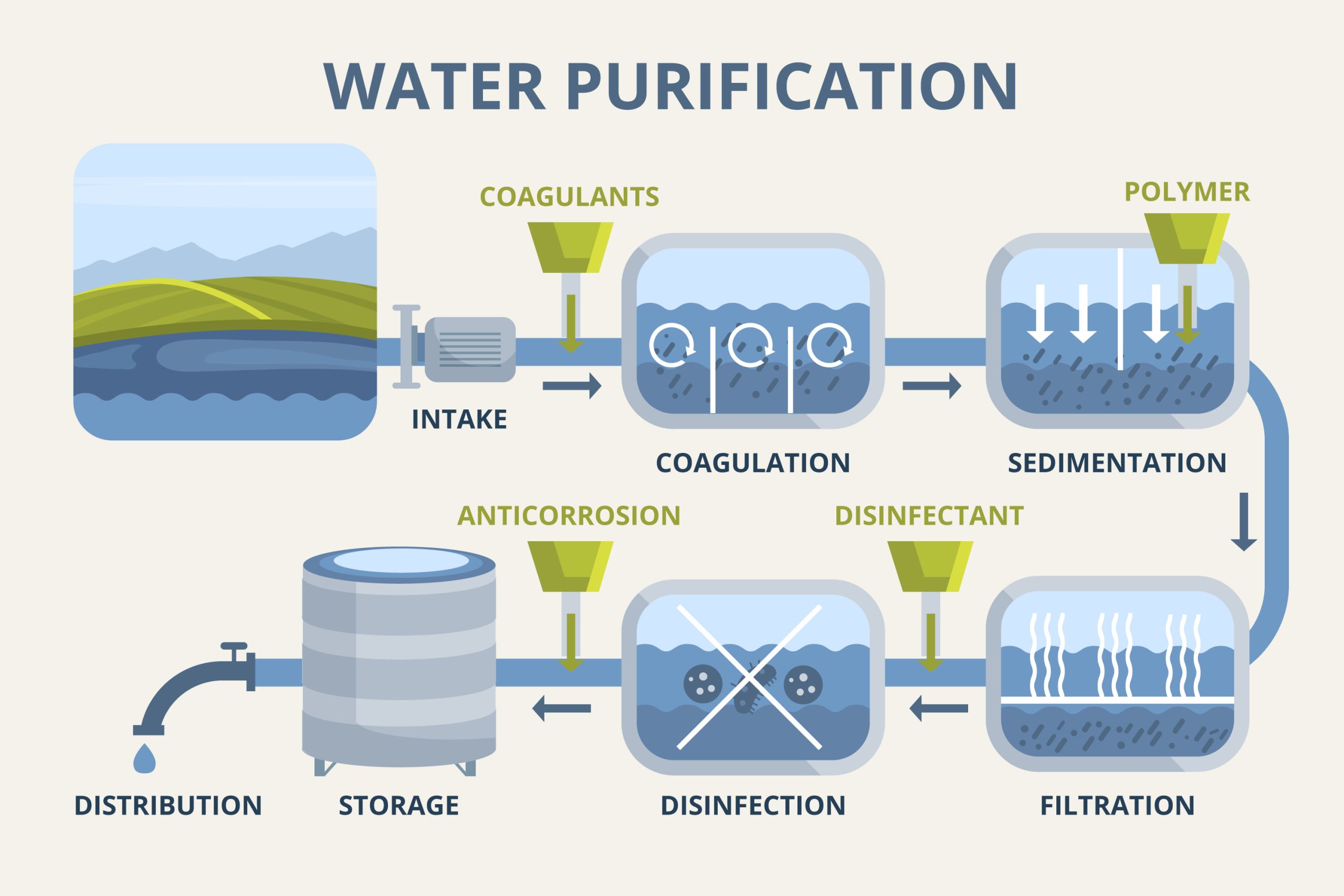

Ball valves made of stainless steel find extensive use in a variety of industrial domains, ranging from water treatment and medical equipment to food and beverage manufacturing and chemical processing. These valves are extremely ideal for applications involving corrosive fluids or gases because of their outstanding strength, resilience to corrosion, durability, and dependability.
This blog examines the many uses of stainless steel ball valves. We’ll examine their salient characteristics and benefits, emphasizing certain sectors and operations that profit from their use. We’ll also discuss how to choose the best stainless steel ball valve for a certain application, highlighting factors like valve size, pressure ratings, temperature limitations, and compatibility with various media types.
Selecting the appropriate valve based on the needs of a certain operation is essential to maximize effectiveness and guarantee safety. In addition to improving system performance, stainless steel ball valves are a wise investment for a variety of industrial environments.
Key features and benefits of stainless steel ball valves
Numerous industries choose stainless steel ball valves for a number of reasons. Their robust, long-lasting materials help them to withstand corrosion well in challenging conditions. They reliably withstand high pressures and intensive usage. Extreme temperature performance and ease of cleaning are two further features that make these valves ideal for situations where cleanliness is a top priority.
Unlike valves that need regular replacement, their minimal friction assures lifespan and makes them straightforward to use. Stainless steel ball valves are a wise investment for demanding industries like water treatment, chemical processing, and food and beverage manufacturing because they provide exceptional performance and durability overall.
Applications best suited for stainless steel ball valves
Ball valves made of stainless steel are robust and resistant to corrosion, making them useful in a variety of industries. The following are a few typical uses:
Stainless steel ball valves perform very well in the chemical processing business, where handling caustic compounds and strong chemicals is commonplace. They are perfect for applications involving acids, bases, and strong salts since they are long-lasting and efficiently resist corrosion. Their strength and chemical compatibility are very beneficial to procedures involving chemical transfer, mixing, and blending.
Because stainless steel ball valves are sanitary, the food and beverage sector is using them more and more. These valves don’t negatively impact food goods and satisfy strict hygiene requirements. Applications, including dairy processing, beer brewing, and other food and beverage handling procedures, are perfect for them.
Strong valves that can withstand challenging environments like chlorine and saltwater are essential to water treatment. Ball valves made of stainless steel are ideal for this industry because of their longevity and resistance to corrosion. Water distribution systems, wastewater management, and purification processes rely on them for dependable operation in harsh environmental settings.
Choosing the right stainless steel ball valve for your application
When selecting a flanged ball valve for a certain application, a number of aspects need to be carefully considered. Make sure the valve size is appropriate for the needed flow rate. For high-flow applications, use larger valves, and for low-flow requirements, smaller valves. Second, the pressure rating of the valve satisfies the application’s needs for best performance. The media the valve will handle must also be compatible with the valve’s material.
For example, choose a valve material that is resistant to corrosion and deterioration while working with acids. Likewise, in the preparation of food and drink, make sure the ingredients don’t degrade the quality or flavor of the final product. To make sure the valve performs effectively within the necessary temperature range, take into account its temperature rating. The layout of the valve—the number and kind of ports—should also match the requirements of a particular application. Finally, choose the appropriate actuation mechanism: manual for less complex applications or motorized for automated systems.
These factors are still equally important when comparing gate valves with ball valves. Getting advice from knowledgeable valve specialists is crucial to making the right decision. They may help with configurations, material choices, and other crucial elements that maximize valve performance.
When properly selected, stainless steel ball valves provide dependable, long-lasting operation. They save maintenance costs, increase system efficiency, and provide peace of mind. These valves provide long-lasting solutions that produce long-term savings and efficiency advantages, which is why they are very beneficial to sectors including chemical processing, medical devices, and food and beverage processing.

ANSI Class Ratings for Y strainer flanges tell you how much pressure and temperature the flange can handle. These ratings help you choose the right flange material and design to keep your piping system safe and efficient. If you’re installing or replacing a Y strainer in a pipeline, understanding ANSI ratings isn’t optional—it’s essential. Choosing […]

To choose the right wye strainer, you need to understand mesh and screen size. These determine what particles your system can filter out. The finer the mesh, the smaller the particles it catches. This guide explains how to select the correct strainer mesh size, use a mesh size chart, and compare mesh size vs micron […]

When choosing a filter or strainer for your system, micron ratings tell you how small the particles are that your filter can catch. In simple terms, the smaller the micron rating, the finer the filter. Whether you’re in water treatment, chemical processing, or any industry that relies on micron filtration, knowing the right micron size […]

Municipal water doesn’t just show up clean at the tap—it’s the result of a carefully managed process. The liquid filtration process for municipal water treatment plants is the backbone of safe, clean drinking water. From removing dirt and debris to eliminating harmful pathogens, each step in this system ensures water meets strict safety standards. In […]



